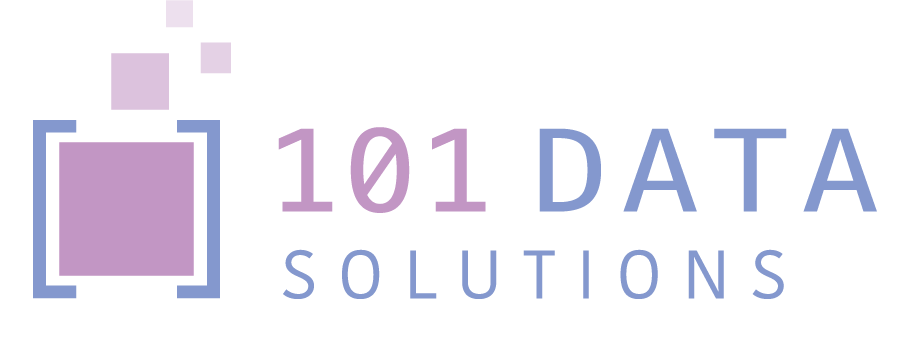If one thing is top of mind for businesses, it’s GDPR compliance. The new regulations have made data privacy a top priority across all industries. All organisations must be more transparent about collecting and using data, including providing more detail about their privacy policies. They must also be diligent in protecting all data, including administrating data breach notifications and providing insurance against unforeseen events. In addition, individuals must have increased rights over their data, including the ability to access and correct any data collected about them and the right to be forgotten.
So, there is no avoiding GDPR compliance. To assist with your efforts to become compliant, Microsoft has released SharePoint Server and new hybrid document management capabilities in Office 365. These tools make it easier than ever to manage the documents and information in your enterprise. But how do these features help you achieve GDPR compliance? Here at 101 Data Solutions, we use SharePoint regularly and encourage our clients to explore its benefits. So, let’s look at this a bit further…
Auditing and document retention
Document retention policies can help secure information while complying with record retention requirements. Creating a retention policy is like telling SharePoint which documents to delete when they reach a certain age. You can also use retention policies to identify records that should be kept indefinitely. Therefore, retention policies help you manage the lifespan of sensitive information documents. You can set your records to expire at specific times, after which they are removed from the system. This makes it easier to keep track of information that must be deleted under GDPR. It also makes it easier to prove compliance if your business is audited. Retention policies can also identify records that should be kept indefinitely. This makes it easier to store important materials without worrying about running out of space.
Data protection by default
The GDPR requires that all data processing be secure by default. This means no one in your company should be able to access sensitive data unless they have a legitimate reason. Data access controls help you automate the review process for data access requests. You can also create specific rules and permissions to prevent employees from accessing data they don’t need. These controls make it easier to identify who is accessing sensitive data and why. It also makes auditing access and responding to data security concerns easier. Data access controls can also help you comply with the GDPR’s ‘right to be forgotten’ rule. If an employee requests that you delete any data collected about them, you can quickly and easily comply using data access controls.
Rights to be informed and to be forgotten
The GDPR requires that enterprises provide information about their data practices to their employees and customers. They must also allow people to request that their collected data be deleted. Data governance tools help you provide this information to your employees. They also make it easier to fulfil requests to be forgotten by quickly removing data collected about an employee or customer. Data governance tools provide a central hub for managing and tracking data in your business. They make it easier to respond to data requests and identify which employees are accessing which data.
SharePoint Server and new hybrid document management capabilities in Office 365 make it easier than ever to manage and secure documents and information for your enterprise. For more information about the benefits of Office 365 and how you can get the most out of SharePoint, speak to one of our team today. We have the solutions for any data security and data compliance concerns you may have.
About Brett Edgecombe, Managing Director, 101 Data Solutions
Even as a child living in Canada, Brett always had an interest in technology, so starting his career within the technology industry was a natural progression in 1998 when it began at the UK’s first ISP, Compuserve Interactive Services in Bristol.
He has first-hand experience in modern Enterprise Storage Infrastructure solutions, having worked at Sun Microsystems in 2000, where he worked with large commercial and education customers across the UK.
Brett created 101 Data Solutions in 2008 with a focus on Data Storage centric delivered through high-quality technology solutions direct to businesses throughout the UK. His strategic vision and sector knowledge allows him to bring excellence to 101’s customers through experience, technical foresight and relationship building.




